
Disney U
How Disney University Develops the World’s Most Engaged, Loyal, and Customer-Centric Employees
Recommendation
Visitors to Disney theme parks frequently notice the seamless operations and friendly employees who put on “good show.” Although the charming outcome may appear effortless, staging good show and avoiding “bad show” at Disney resorts around the globe requires a lot of work. Over the years, the path to training employees in “friendliness, cleanliness and safety” has required some updating and repaving – work Disney’s human resources team has embraced. Training and development consultant Doug Lipp provides an intriguing crash course in the Disney way of training and organizational management. The book is repetitive at times, and readers seeking a deeper look into Disney’s employee relations and the company’s ups and downs since 1955 will need to search elsewhere. Nevertheless, getAbstract recommends this understandable overview to HR professionals and supervisors seeking ways to train employees to be neater, cheerier, and more in tune with their corporate culture and their customers.
Summary
About the Author
Doug Lipp, a consultant who advises companies on training, development and management issues, helped launch Tokyo Disneyland in the 1980s.









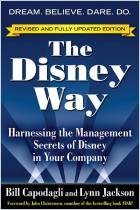
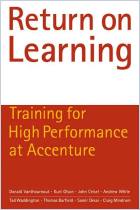
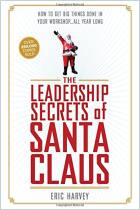

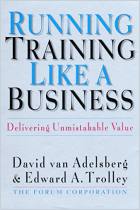
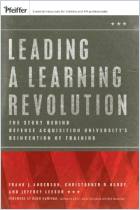



Comment on this summary or 开始讨论